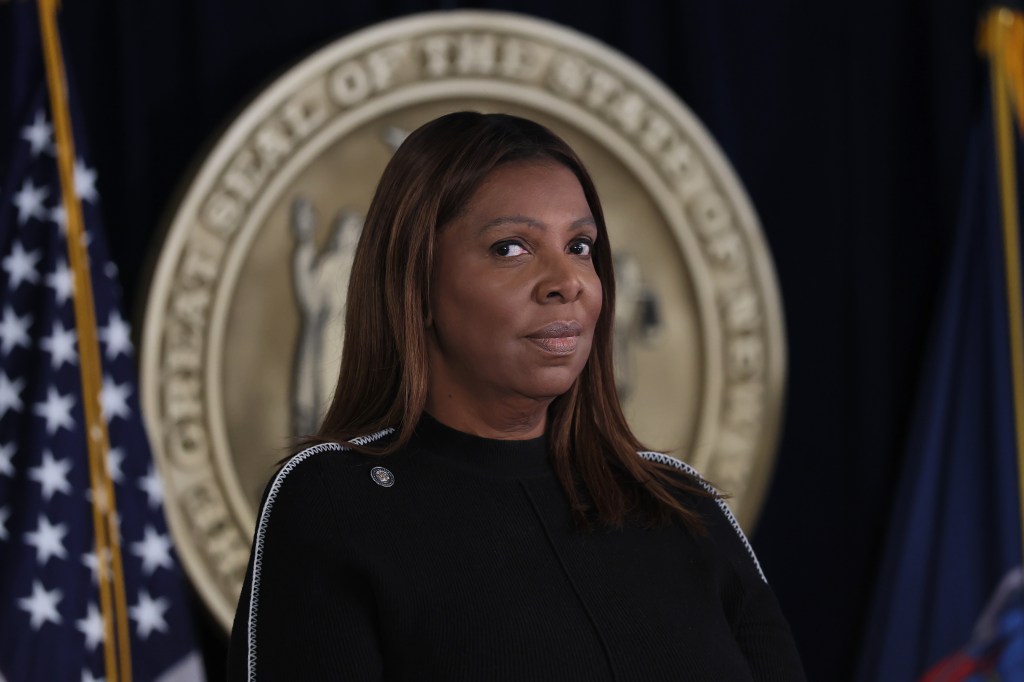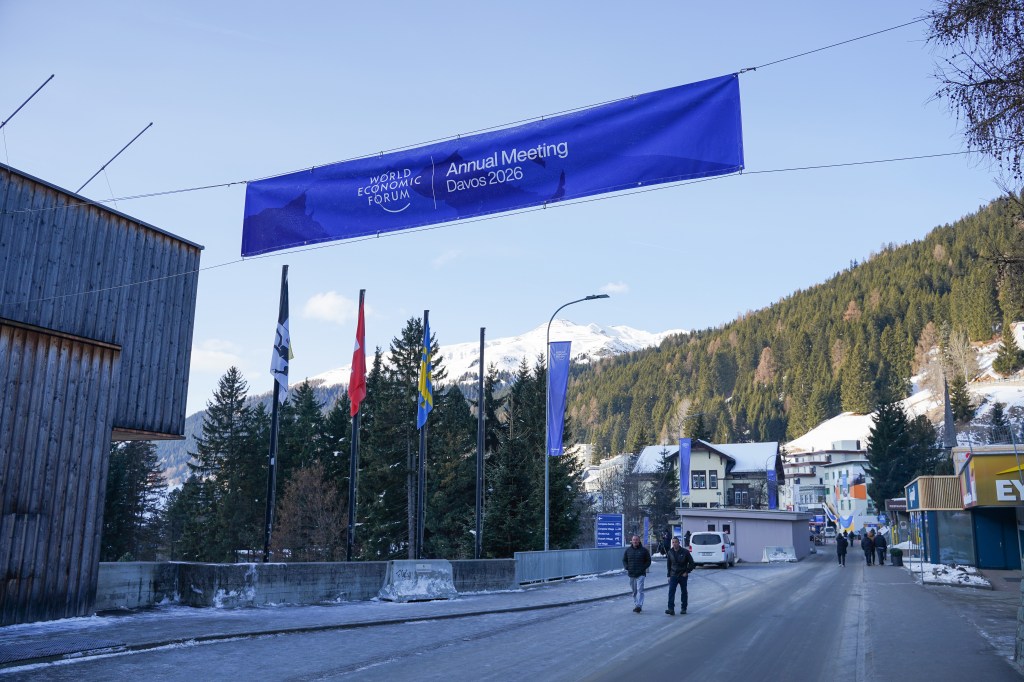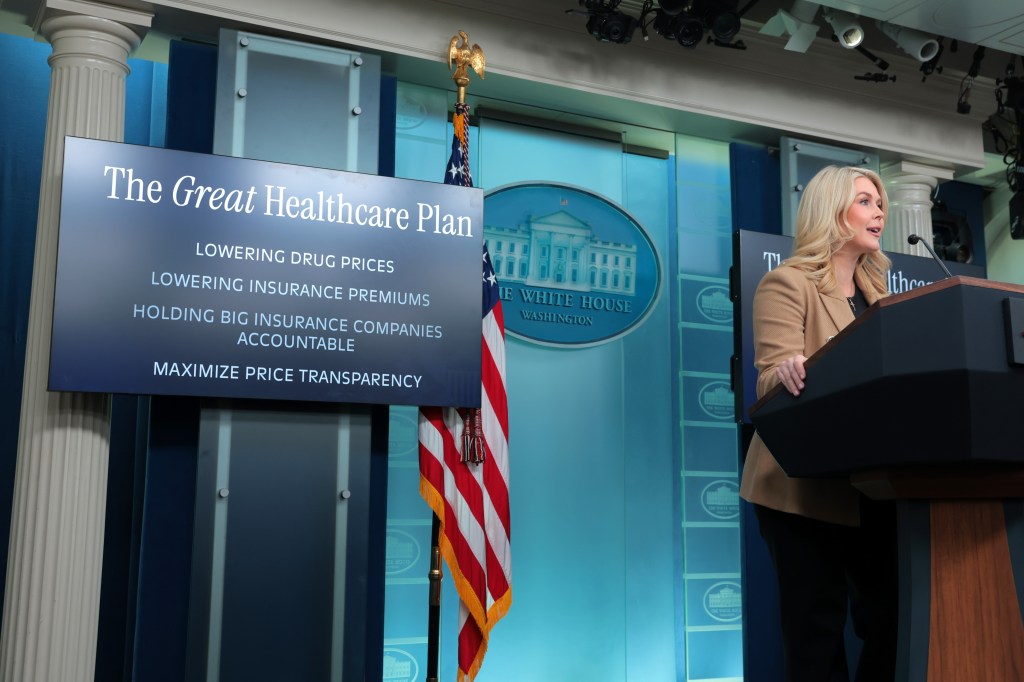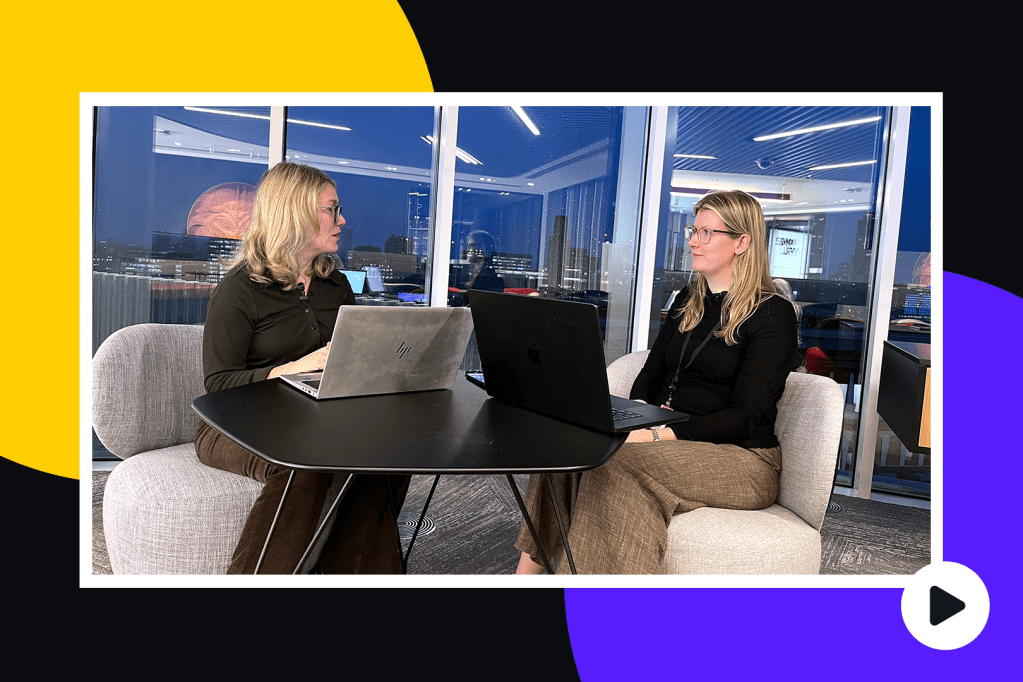The US Treasury’s Office of Foreign Assets Control (OFAC) assessed a civil monetary penalty of $215.9m against GVA Capital Ltd. of San Francisco, California, for violations of OFAC’s sanctions against Russia as well as related reporting obligations.
“The penalty amount reflects OFAC’s determination that GVA Capital’s conduct was egregious and
Register for free to keep reading
To continue reading this article and unlock full access to GRIP, register now. You’ll enjoy free access to all content until our subscription service launches in early 2026.
- Unlimited access to industry insights
- Stay on top of key rules and regulatory changes with our Rules Navigator
- Ad-free experience with no distractions
- Regular podcasts from trusted external experts
- Fresh compliance and regulatory content every day













